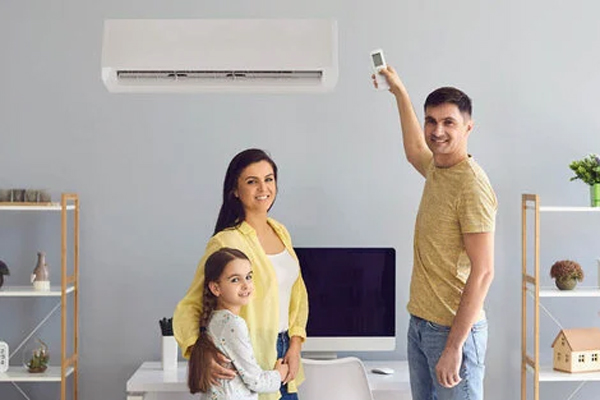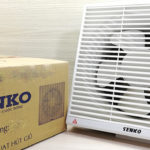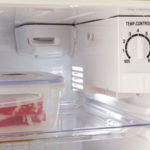Saving energy when using air conditioning is a top concern, and one popular solution is to turn the AC on and off according to the room’s changing temperature.
Should you turn your air conditioner on and off repeatedly?
According to appliance experts, it is not advisable to frequently turn your AC on and off for the following reasons:
It affects the lifespan of the air conditioner
The compressor, being the most critical component of the AC, undergoes significant strain and rapid wear and tear when repeatedly turned on and off. This is because the compressor has to restart multiple times, which can lead to increased pressure and potential damage.

The question of whether or not to turn the air conditioner on and off repeatedly is a common concern. (Photo: Betonex.org.ua)
Each restart demands more energy from the compressor compared to maintaining a steady operation. This not only wears down the compressor but can also lead to significant malfunctions and costly repairs.
Increased energy consumption
Every time you turn on the AC, the compressor consumes a substantial amount of energy to start up and cool the air in the room. This means that turning it on and off repeatedly results in higher energy consumption compared to maintaining a stable temperature.
When you turn off the AC, the room’s temperature rises rapidly, and when you turn it on again, the AC has to work at maximum capacity to cool the room back down. This cycle leads to a significant increase in electricity consumption.
Impact on health
Frequent and abrupt temperature changes in the room can cause discomfort, especially when you are sleeping or relaxing. These fluctuations can affect your health, particularly for children and the elderly, who are more susceptible to catching a cold or experiencing respiratory issues due to the constant temperature adjustments their bodies have to endure.
Furthermore, environments with constantly changing temperatures can induce dizziness, headaches, fatigue, respiratory illnesses, and heat stroke.
Reduced cooling efficiency
When the AC has to restart multiple times, it takes longer to reach the desired temperature. This means you’ll have to wait longer to feel comfortable and cool.
Failing to maintain a stable temperature results in uneven cooling, creating varying temperatures in different areas of the room, which can be uncomfortable.
Tips for efficient air conditioner use
To efficiently use your air conditioner without the need for constant turning on and off, consider the following suggestions:
Utilize the timer function
Modern air conditioners usually feature a timer. You can set the AC to turn on and off according to your family’s schedule, helping to save energy and maintain a stable temperature.
Set a reasonable temperature
Opt for a comfortable temperature setting, typically around 24-26 degrees Celsius. This range ensures comfort without excessive energy consumption. Avoid extremely low temperatures, as they can be unhealthy and energy-intensive.
Combine the use of a fan with the air conditioner
Using a fan helps circulate the air in the room, assisting the AC in cooling the space faster and maintaining a stable temperature while saving energy.
Regular AC maintenance
Regularly clean the air filters and maintain your AC to ensure efficient and prolonged operation. This also helps reduce energy consumption and prevents unexpected breakdowns.
Utilize curtains and insulation
Curtains or insulating materials can block heat from entering the room, making the AC more effective at maintaining a stable temperature.
Adjust the direction of the airflow
By adjusting the direction of the airflow, you can ensure that cool air is distributed evenly throughout the room, reducing the time needed for cooling and saving energy.
By following these tips, you can efficiently use your air conditioner while also saving energy and maintaining a comfortable environment.
According to VTC News
Exploring the Pros and Cons of Sleeping in an Air-Conditioned Room
Is sleeping with an air conditioner a good idea? As concerns over the adverse effects of air conditioning on our health increase, it’s important to understand the risks and rewards of using air conditioning while sleeping. Let’s examine the benefits and drawbacks of sleeping with an air conditioner, and the protective measures one should take.





































